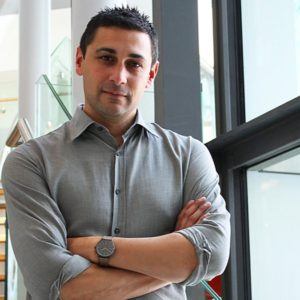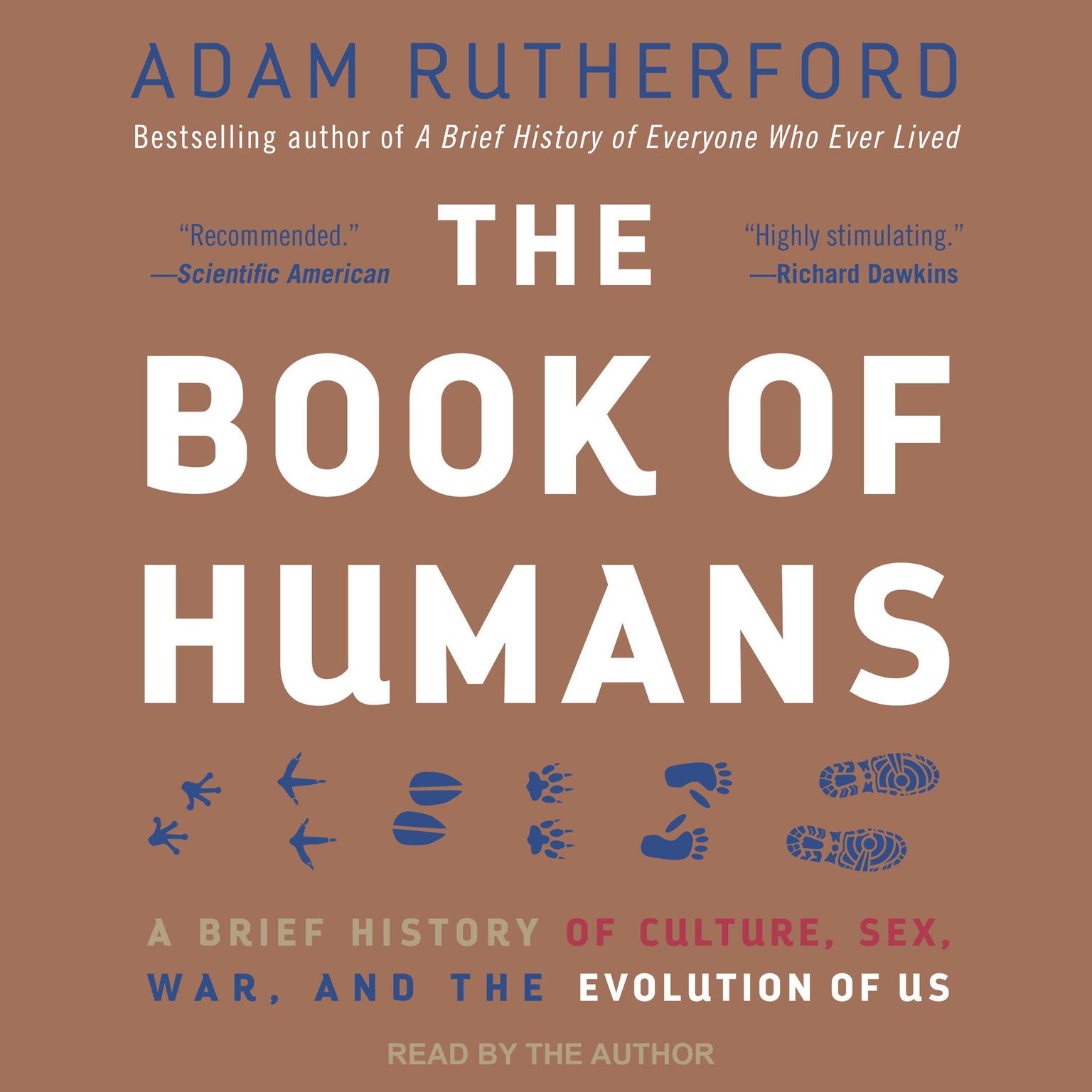



This idea, that humans are special animals, is at the root of who we are. Darwin sounds a bit like Hamlet, declaring that we have “god-like intellect,” yet we cannot deny that man-and, to bring his language into the twenty-first century, woman-carries the “indelible stamp of his lowly origin.” We are special, but we are also merely matter. Hamlet then ponders the paradox at the heart of humankind: The molecules of life are universally shared, the mechanisms by which we got here the same: genes, DNA, proteins, metabolism, natural selection, evolution. All of those organisms-including us-are rooted in a single origin, with a common code that underwrites our existence. Just over 250 years after William Shakespeare wrote those words, Charles Darwin irrefutably cemented humankind’s classification as an animal-the slightest of twigs on a single, bewildering family tree that encompasses four billion years, a lot of twists and turns, and a billion species. It’s a prescient phrase, too, as he raises us above other animals while acknowledging that we are one. Hamlet exalts us as truly special, touching the divine, limitless in our thought. “The paragon of animals” is a lovely phrase. In apprehension how like a god! The beauty of the world! In form, in moving, how express and admirable! In action how like an angel! How noble in reason! How infinite in faculty! Introduction“What a piece of work is a man!” marvels Hamlet, in awe at our specialness.

Read on for an exclusive excerpt from Humanimal, and don’t forget to pick up the book on March 19! March 26 – Porter Square Books (Boston).March 25 – Highland Park Public Library (Chicago).March 23 – Midtown Scholar Bookstore, (Harrisburg, PA).March 21 – Free Library of Philadelphia.See below for dates and locations, and for more details, check out our events page. For example, did you know that we’re not the only species that communicates, makes tools, uses fire, or has sex for reasons other than procreation?Īdam is also coming to the US this March on a book tour for Humanimal. Publishing on March 19, Humanimal: How Homo sapiens Became Nature’s Most Paradoxical Creature-A New Evolutionary History offers up an entertaining tour of life on earth and explores the ways we’re different from animals-and the ways we aren’t. Now, best-selling author and geneticist Adam Rutherford takes on a new challenge and asks a very different question: what does it mean to be human, and are we more like animals than we think? In 2017, A Brief History of Everyone Who Ever Lived published in North America, intertwining genetics and human history to answer the question of who we are and how we’re connected to one another.


 0 kommentar(er)
0 kommentar(er)
